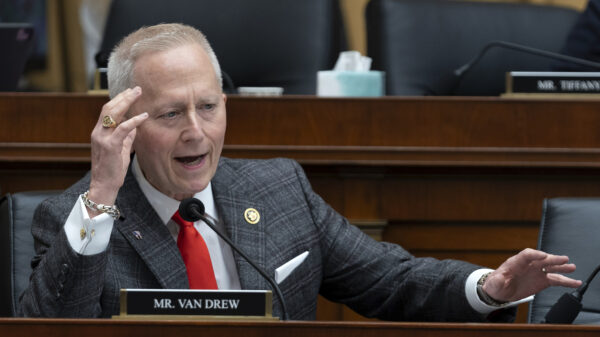The tech industry, renowned for its demanding work culture, often sees employees putting in long hours to meet project deadlines or collaborate with colleagues across different time zones. The expectation to remain available after hours for non-urgent matters has sparked a debate in the United States over the potential adoption of ‘right to disconnect’ legislation. Such a law would prohibit employers from contacting employees outside of designated working hours.
According to Tech.co’s Impact of Technology on the Workplace Report 2025, a staggering 83% of employees feel compelled to respond to work-related communications even while on vacation. The survey, which polled 1,036 US-based senior leaders at companies with at least 10 employees, found that 72% of senior leaders in the tech industry support the introduction of a ‘right to disconnect’ law, while 14% oppose it, and another 14% remain undecided.
International Approaches to the ‘Right to Disconnect’
Globally, several countries have already implemented measures to address the issue of after-hours work communication. Since 2017, French companies with more than 50 employees are required to establish a charter, in collaboration with union representatives, outlining the hours during which workers are not obliged to send or respond to emails. France is one of ten EU nations with such legislation, alongside Belgium, Croatia, Cyprus, Greece, Italy, Luxembourg, Portugal, Slovakia, and Spain.
Australia, meanwhile, adopted legislation last year allowing employees at companies with at least 15 workers to refuse to engage in work-related communications outside of working hours without fear of repercussions. This law places the responsibility on employers to negotiate what constitutes a reasonable refusal, as per the Fair Work Ombudsman, Australia’s workplace regulator.
In contrast, Ireland introduced a voluntary code of practice in 2021, encouraging employers to collaborate with employees on disconnecting strategies. However, the absence of legal requirements means there are no penalties for non-compliance.
The UK is also contemplating similar legislation. The Labour government has pledged to introduce a ‘right to switch off’ law to prevent home offices from becoming 24/7 workspaces. This initiative is supported by the Trades Union Congress, which emphasized the need for a statutory right to disconnect in its draft AI Bill published last year.
The US Landscape: Challenges and Prospects
In the US, California has been at the forefront of advocating for the ‘right to disconnect’. However, a bill proposing the establishment of boundaries for workers was shelved last May. Kelsey Szamet, a partner at Kingsley Szamet Employment Lawyers in California, explains that US labor laws traditionally focus on maintaining employer flexibility, unlike European laws that prioritize worker protection.
The current trend of deregulation across various industries in the US further diminishes the likelihood of federal legislation on the ‘right to disconnect’ during the current administration. Szamet notes that if the US were to adopt such legislation, it would need to establish clear boundaries and enforce penalties for non-compliance.
“There are some that will attempt to circumvent them by employing broad loopholes and ambiguous job definitions, such as labeling employees ‘exempt’ from overtime law,” Szamet warns.
Tech workers, particularly those in fast-paced startups, may be classified as ‘exempt employees’, rendering them ineligible for overtime pay under the Fair Labor Standards Act.
Implications and Future Directions
For the US to embrace the ‘right to disconnect’, a significant cultural shift is necessary. Greg Davis, CEO at Oregon-based Bigleaf Networks, emphasizes that countries like France and Belgium have demonstrated that protecting personal time is essential for a healthy workforce. Implementing similar protections in the US would challenge existing norms but is not unfeasible.
“Countries like France and Belgium have made it clear that protecting personal time isn’t a luxury; it’s essential to sustaining a healthy workforce,” Davis states.
Davis suggests that companies can prepare for potential legislation by providing structured time for employees to disconnect. Szamet concurs, advocating for unionization and voluntary corporate policies that support employees in setting boundaries until formal legislation is enacted.
“This would allow workers to set reasonable boundaries without waiting for lawmakers to catch up,” Szamet concludes.
As the debate continues, the prospect of a ‘right to disconnect’ in the US remains uncertain. However, the growing global trend and increasing support among industry leaders indicate that the conversation is far from over.








































































